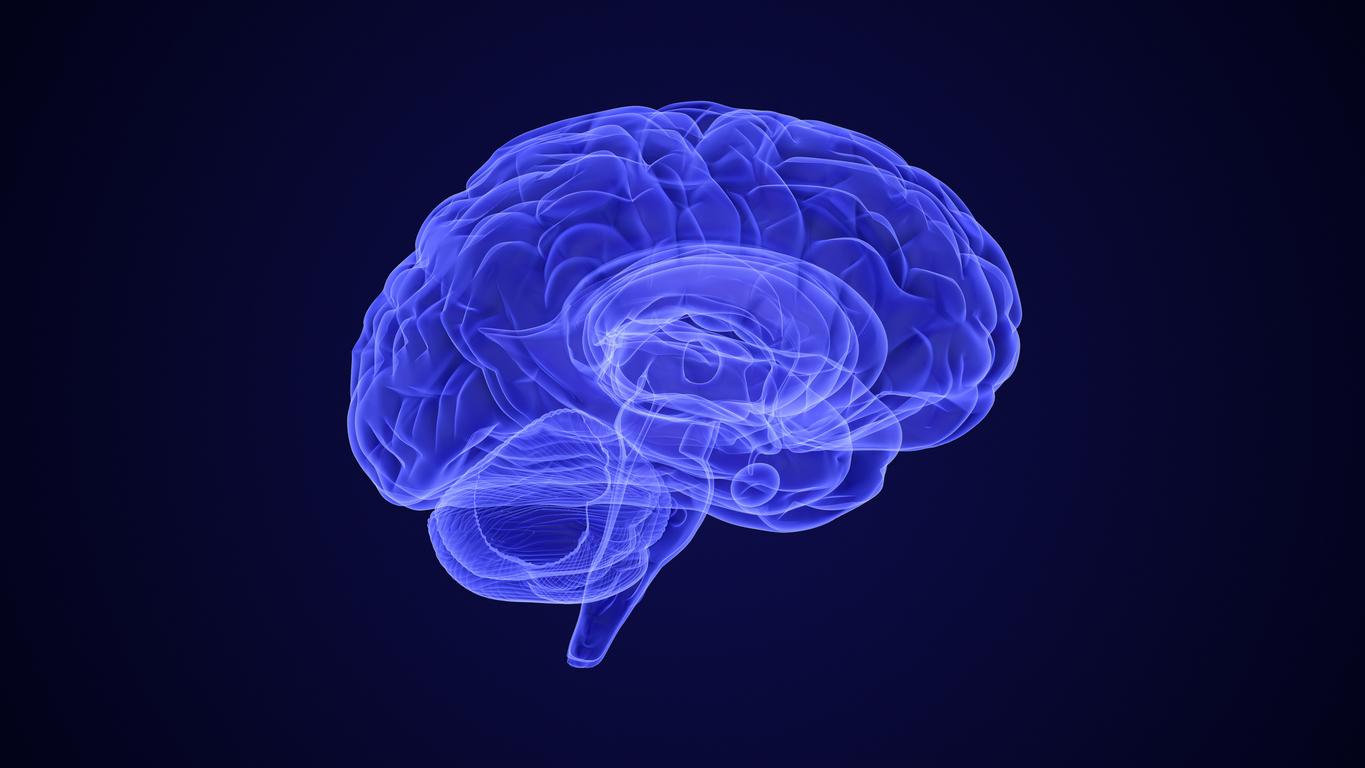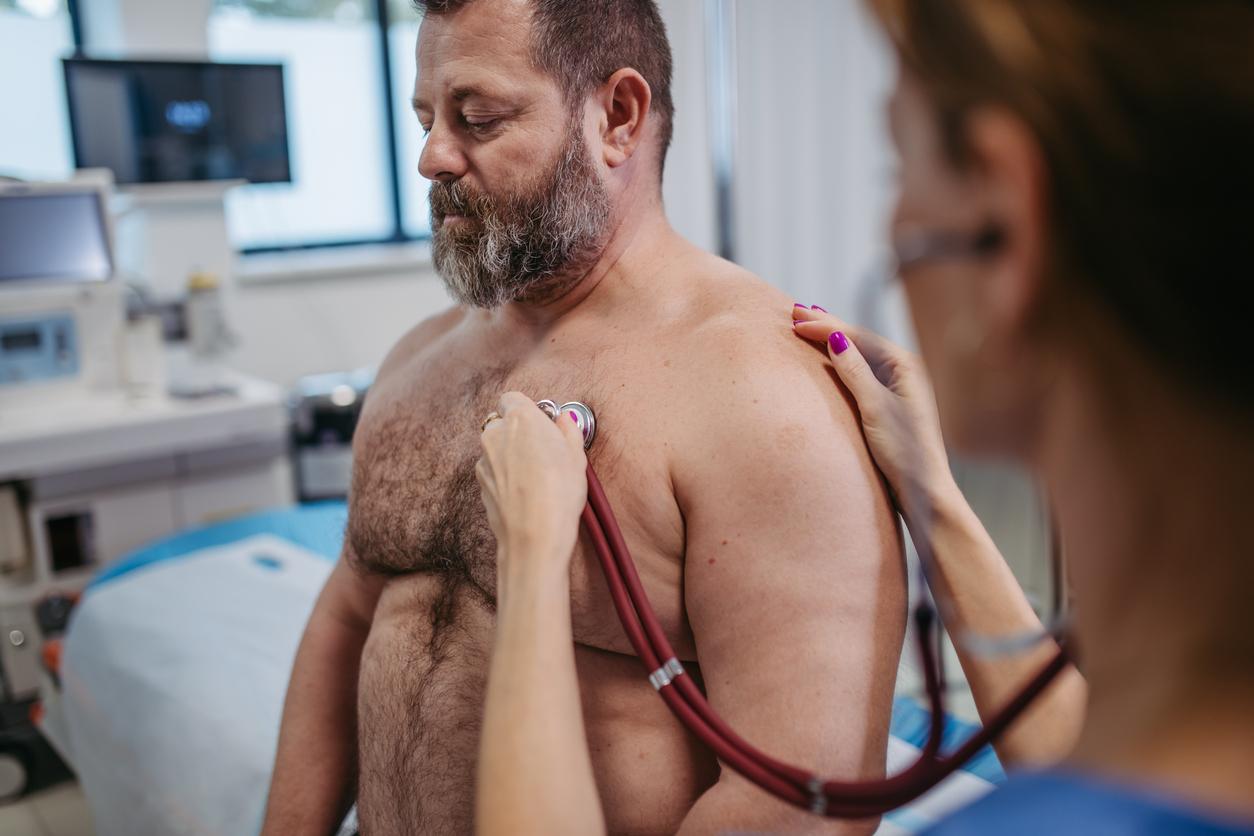
December 5, 2016.
American researchers have just made a discovery that could revolutionize medical research against Parkinson’s disease. The origin of this cellular degeneration could be found in the intestines, and more particularly in the bacteria that live in the intestinal microbiota of patients.
Parkinson’s patients have similar symptoms
Parkinson’s disease could originate in the intestines. This is what a new study suggests, the results of which have been published in the journal Cell, and which could shed new light on this degeneration, which still remains a mystery to science today.
To reach this conclusion, researchers from the California Institute of Technology (Caltech), first established a finding: many patients with Parkinson’s disease suffer, even several years before the onset of the first “official” symptoms of the disease, from digestive and intestinal problems. They also noted, thanks to various studies carried out on the subject, that the bacteria in the microbiota of these patients were different from those generally found in a healthy individual.
Regulate gut bacteria to prevent disease?
In this new study, the researchers therefore wanted to follow this lead. Conclusive results since in a few weeks, they observed that toxic fibers that surround nerve cells in patients with Parkinson’s disease can influence nerves in the brain. ” We have, for the first time, discovered a biological link between microbiota bacteria and Parkinson’s disease », Confirms Sarkis Mazmanian, main author of this study.
” More generally, this research reveals that a neurodegenerative disease could originate in the gut, and no longer simply in the brain, as previously thought. “. ” We are now confident that regulating gut bacteria could help fight Parkinson’s disease “, Further explain the researchers.
You might also like: Singing, a real cure for Parkinson’s disease?















